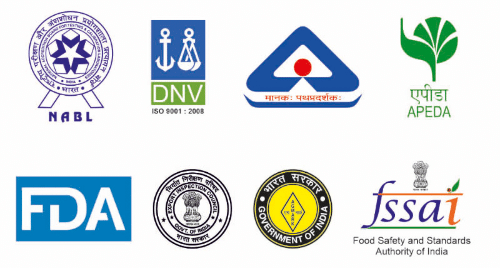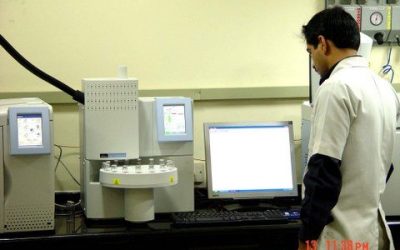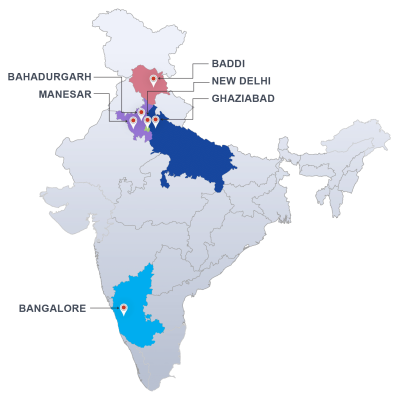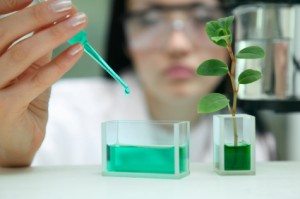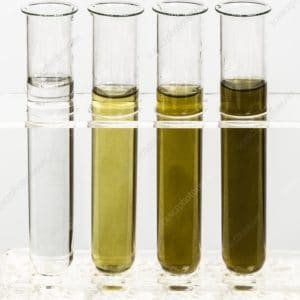
With the increase of crop requirements, more and more cultivators are moving towards GMO practices. It provides them with benefits, such as higher yield and resistance to insects. However, on the flip side, people are still concerned before buying these products as they are not sure of their quality.
In order to avoid this problem, these crops have to undergo a GMO test that is done according to the regulations set by authorities for all GM food items.
Why Do We Need to Test for GMO?
To safeguard GMO-food from biosafety hazards and prevent non-compliance, the MoEFCC laid out certain rules and regulations under EPA Rule 1989. According to that, only authorized people can manufacture, transport, sell, process, import, or export the GMOs.
Also, as per the regulations, every GMO agricultural product or commodity has to obtain a GMO certificate before going for sale. Through this, the consumers get enough nutritional information about the stock that they can decide to go for it or not.
GMO Analysis for Detection
A few methods are utilized by GMO testing labs to find out two basic factors:
- The presence of GMO protein in the given sample
- The amount of GMO protein in the sample
Through this, they can provide ample data on GMOs that can be further mentioned on the product’s labelling to make customers aware of it.
GMO Food Testing for Export
For the manufacturers who want to export their GMO food items to countries like Japan, Australia, the European Union, South Korea, and New Zealand, it is crucial to obtain a GMO test report for their products.
These nations have allowed only certain bioengineered crops to be imported into their regions. The report helps the manufacturer in showing that their products are cultivated according to the country’s individual regulations.
Some other benefits of GMO testing results associated with export are:
- Meeting regulations
- Delivering product to customer contract specifications involving threshold tolerances and unapproved varieties
- Optimising sampling and testing programs to achieve efficiency in cost and operations
- Resolving conflicts rapidly and cost-effectively
- Offering choice to the consumer for informed decision-making
- Providing competitive advantage to manufacturers & traders
- Expanding markets both domestic and international
- Obtaining greater price realization
- Establishing brand equity and further positioning Detection of Genetically modified foods
For this reason, every exporter should opt for a GMO test for their products. We can also say that GMO testing helps with the proper labelling of the relevant stocks.
Our GMO Analysis Services
At ARBRO Pharmaceuticals Pvt Ltd., you can find a number of methods for conducting GMO tests. We always strive to give the best possible technology at the most competitive prices.
We have therefore chosen the DNA-based technology over the ELISA-based technology, which depends on assaying the protein for which the inserted DNA sequence is coding for. The DNA REAL-TIME PCR based technology targets the DNA of the plant as well as the DNA of the promoter, which has been used to modify the plant.
Along with a GMO test report, we even provide solutions for non-GMO testing that can help almost all manufacturing units that want to label their products.
Why Choose Us for GMO Testing Services?
We are one of the top GMO testing labs in India. We are accredited by NABL – ISO/IEC 17025 and approved by the Export Inspection Council of India GMO for GMO testing in a number of Agricultural Products and Commodities.
We have successfully participated in the International Proficiency program for the detection of GMOs. Therefore, we can offer the most appropriate GMO test solution after appropriately analyzing your individual demands. You can entirely rely on us with your GMO analysis requirements for relevant products.
To get your samples tested or to clear out any of your queries regarding the procedure, you can reach us. We are available through the given ‘Quick Query’ form or call us on +91-11-45754575.
FAQs
1. What are the different GMO testing methods?
Strip Test: Used for initial seed and grain screening, this test measures the total protein amount. Generally, the test takes place on-site.
PCR Test: In this, genetically modified foods undergo three forms of analysis: Qualitative GMO Analysis, Semi-Qualitative Analysis, and Single-Threshold GMO Analysis.
ELISA: This high-sensitivity test is excellent for measuring the GMO protein quantity and quality of seeds, leaves, and grains.
2. What is GMO analysis?
With the rise in food requirements, more people have opted for GMO crops that offer better yield and several such benefits. However, it isn’t easy for consumers to trust these crops easily as they don’t fit into the category of “entirely natural.” This is where GMO laboratory analysis comes into the role. The testing helps to properly label the products and provide the consumer adequate information so they can decide whether they wish to consume the product or not.
3. What is the sample quantity needed for GMOs?
The exact quantity of the sample required for GMO analysis depends on the test process undertaken. You can contact our GMO testing lab to know which method will be best for your individual product requirements and what quantity will be needed for that.
4. Is the lab NABL accredited for GMO testing?
Our lab is duly accredited for GMO testing or non-GMO testing by NABL – ISO/IEC 17025. Apart from that, our labs are also certified by the Export Inspection Council of India GMOs. Therefore, you can rely on our methods and techniques used to get the GMO testing results.
5. How is PCR used to identify GMOs?
PCR, or commonly known as Polymerase Chain Reaction, is the gold standard method opted for detecting GMOs with appropriate quantification. Through this method, both GMO and non-GMO certifications can be provided as this comes under the industry-standard category.
GMO PCR method selectively amplifies the targeted DNA sequence which is specific for the GMO and the amplified sequences are detected using fluorescent dyes allowing for 3 types of analysis –
Qualitative GMO Analysis
Semi-Qualitative Analysis
Single-Threshold GMO Analysis


